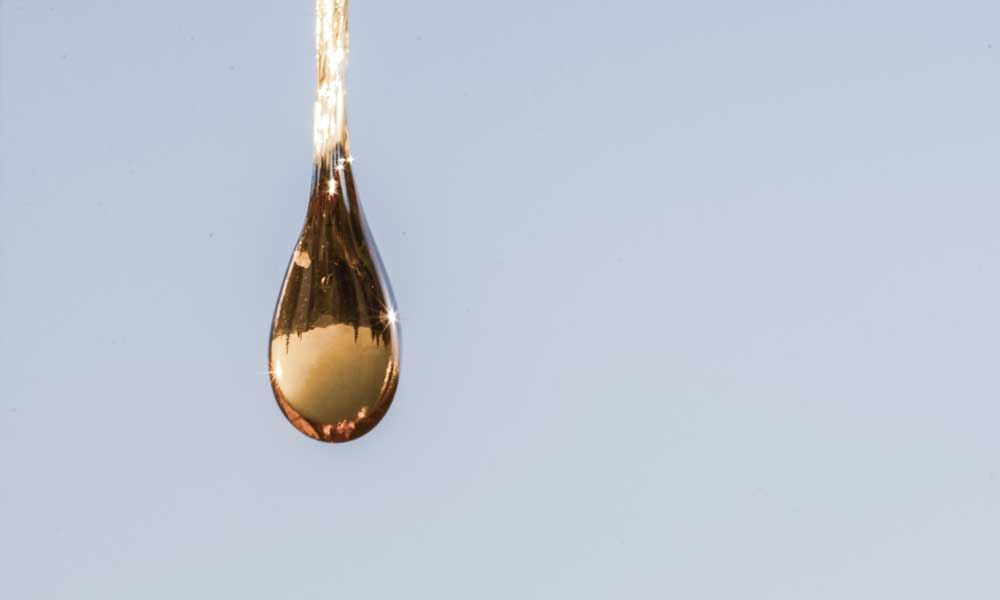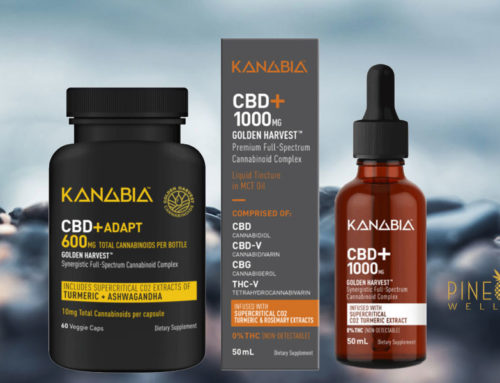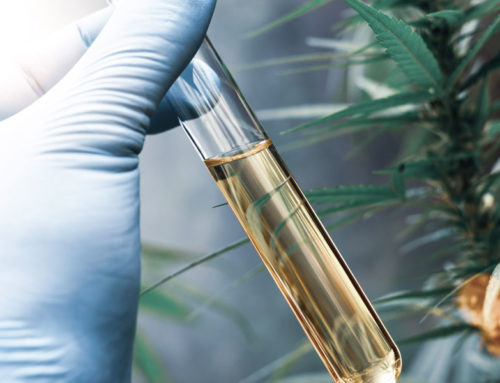What is CBD and how does it work?
Cannabidiol (CBD) is one of over 120 cannabinoids found within the cannabis plant, and this little compound packs a powerful one-two punch in supporting our body’s ability to regulate and heal.
Due to its potential therapeutic effects, cannabidiol is one of the most studied cannabinoids today. This non-psychoactive compound has demonstrated itself to contain a plethora of positive pharmacological effects.
So far, scientists are currently researching CBD’s potential for:
- Anti-inflammatory properties
- Immunosuppressive properties
- Analgesic properties
- Anti-anxiety properties
- Affects synaptic plasticity and facilitates neurogenesis (the process in which the nervous system cells, the neurons, are produced by neural stem cells).
How does taking CBD work exactly?
Cannabinoids, the active components extracted from Cannabis sativa, act on our bodies through engaging our endocannabinoid receptors.These cannabinoid receptors are found throughout our bodies in what is now described as one of the largest cellular communication networks: The endocannabinoid system (ECS).
Our cannabinoid receptors include CB1 receptors, which are predominantly expressed in the brain, and CB2 receptors, which are primarily found on the cells of the immune system.
And, as it turns out, CBD is also involved in the modulation of different receptors outside the endocannabinoid system (ECS) as well, including our serotonin receptors. As with any medication or herbal supplement, it is important that you speak with your doctor before consuming CBD.
While CBD is non-toxic and non-psychoactive and is generally well-tolerated, your doctor may be able to provide helpful guidance for your use of cannabinoids and CBD to support your health conditions. Sadly, many health professionals have little experience or knowledge with CBD therapeutics and are not able to fully guide you.
So, here are a few facts you’ll want to know if you’re journeying into learning about what CBD product to use.
The difference between Full Spectrum CBD, Broad Spectrum CBD, and CBD Isolate
Finding the right CBD product can be a bit confusing. You’ve probably come across products labeled as full-spectrum CBD, broad-spectrum CBD, and CBD isolate.
These terms define which type of CBD is used in a product.
Here’s how it works.
CBD products are created by extracting the cannabinoid content and other compounds found within the cannabis plant, including terpenes, flavonoids, and other essential oils.
Once these essential compounds are extracted, the extracts are refined based on what the intended end product will be: Either products that contain only very specific cannabinoids and compounds, while excluding others or products that contain all the essential compounds.
This refining process is what defines whether the final CBD extract is full-spectrum, broad-spectrum, or CBD isolate.
CBD extract products: What they contain, and why you might choose one over another
Full Spectrum CBD is an extract that contains all the compounds found naturally occurring in the cannabis plant, including terpenes, essential oils, and other cannabinoids. This means that full-spectrum CBD contains .3 percent THC, which is the legal limit of THC allowable by Federal Law.
Broad Spectrum CBD is a bit of a mix between full-spectrum CBD and CBD isolate. This means that like full-spectrum CBD, the other compounds found within the cannabis plant are preserved in the extract, however, THC is completely removed.
Full-spectrum and broad-spectrum CBD products have been clinically shown to exhibit a direct correlation between dose and response, with increased doses resulting in increased responses until a medicinal plateau is reached.
Scientists believe this may be the result of the Entourage Effect. The Entourage Effect describes the synergistic effects of using the whole plant medicine, whereby utilizing the full spectrum of therapeutic compounds cannabis has to offer; All the other cannabinoids within the cannabis plant, along with terpenes, flavonoids, and other essential compounds.
CBD Isolate is the purest form of CBD, which means all the other plant compounds and cannabinoids with the exception of CBD have been completely removed, leaving a CBD isolate.
CBD isolate products seem to have a narrower therapeutic window than full-spectrum products. This is because purified CBD exhibits a short window or “bell-shaped dose-response curve”. Studies show that “Healing was only observed when CBD was given within a very limited dose range, whereas no beneficial effect was achieved at either lower or higher doses.”
How do you know what CBD extract product is best for you?
Now that you know what each term means, you are probably wondering which product is best for you.
At this point, research hasn’t found a determining factor for individual use between one product or another.
Broad or full-spectrum products may be perfect for you, while another person finds that a CBD isolate works better for them.
Here are the advantages and disadvantages:
Full-spectrum and broad-spectrum CBD both have the advantage of the Entourage Effect. If you are looking for the full plant’s effects and a powerful CBD, then this is your choice.
Full-spectrum CBD and broad-spectrum CBD are often considered closer to the original plant because they not only undergo less processing than a CBD isolate, but they also contain all the added cannabinoids, terpenes and flavonoids in the cannabis plant.
But, if you are living in a state where cannabis is not legal, or you are screen-tested for THC, you may want to choose broad-spectrum over the full spectrum. You will be missing the healing compound of THC, but you’ll also feel comfortable knowing you’re not going to test positive or break the law in your state.
CBD isolate has the advantage of being the purest and most potent form of CBD. It often contains upwards of 90% cannabidiol. There is no risk of psychoactive effects and minimal risk of a false positive on a drug test. But CBD isolates do not carry the added benefits found within the whole plant Entourage Effect.
It may take some time and experimentation to figure out which CBD product is best for you.




